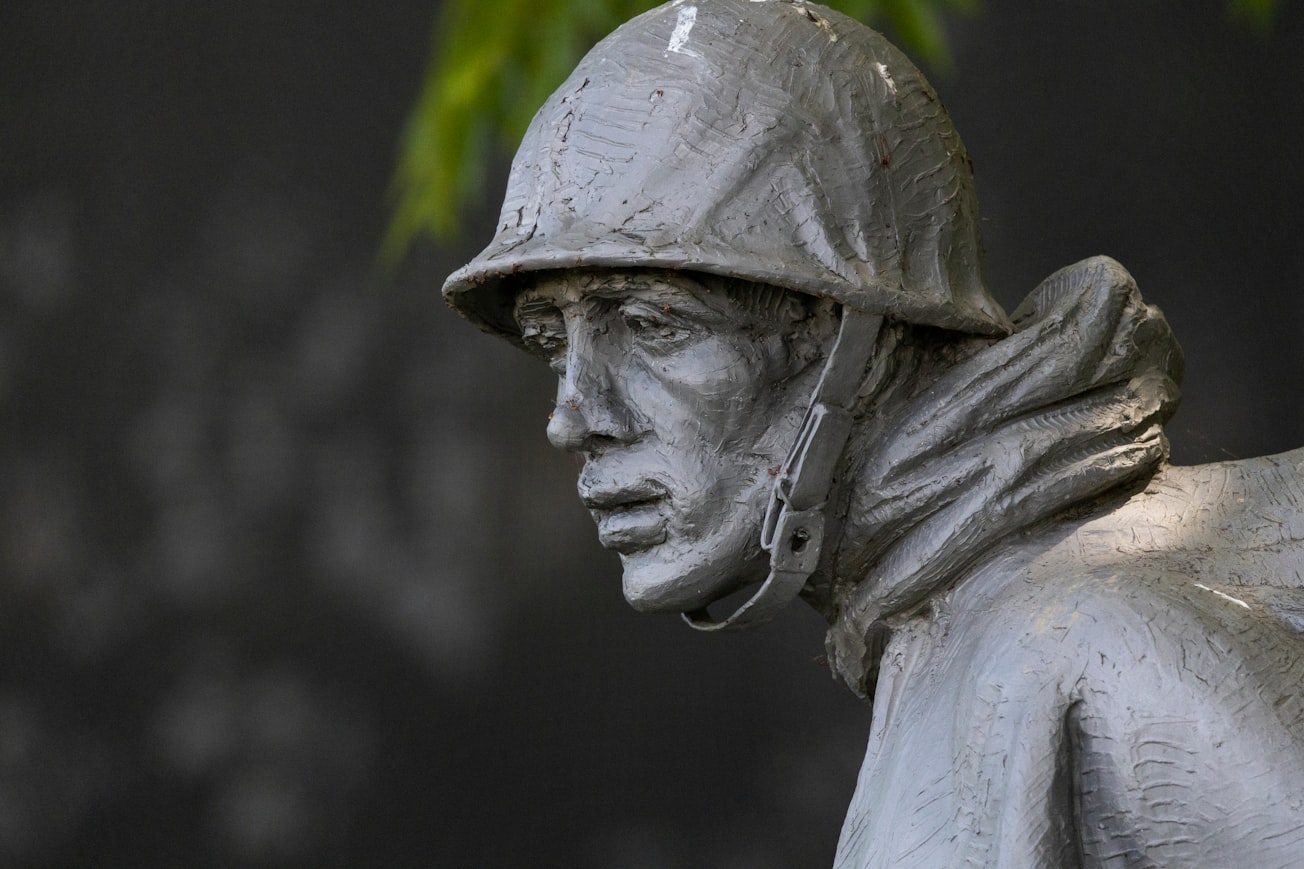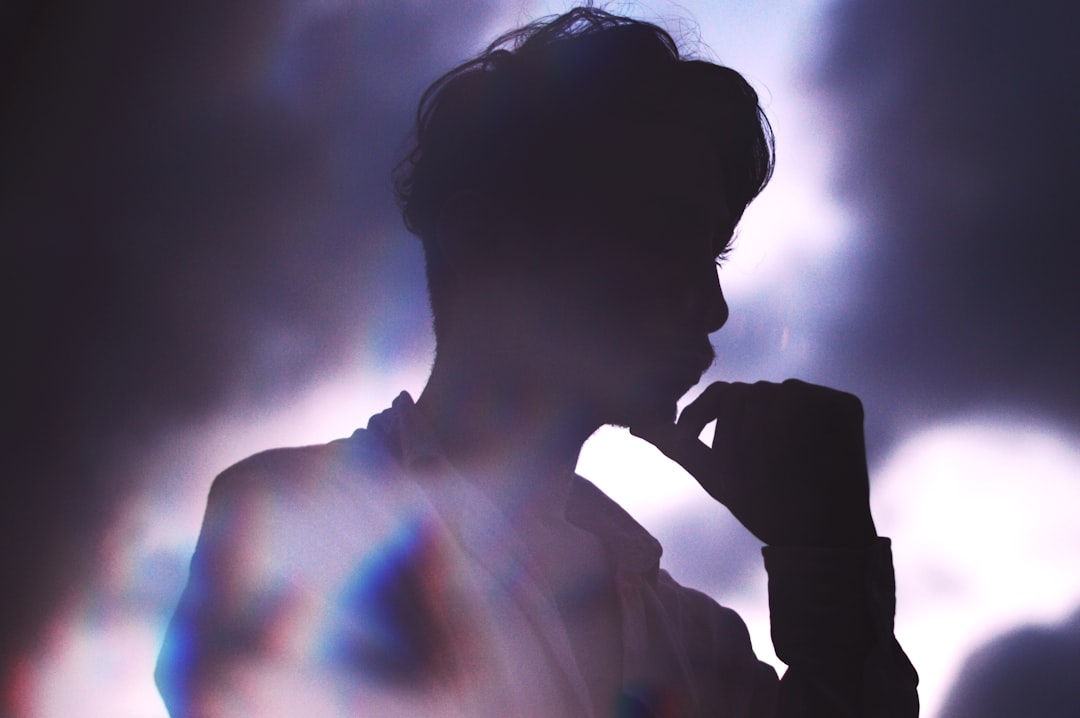What is it about?
There has been increasing societal discussion and criticism on the ‘lack of masculinity’ among Chinese young men. In response, Chinese Ministry of Education in 2021 advised schools to ‘foster the students’ masculinity’. The Chinese National Radio and Television Administration also set strict rules for casting and choosing performing styles, custom and makeup in order to eliminate the ‘abnormal aesthetic’ and the ‘male feminization’ in Chinese television, film and advertisement. At the same time, various war films and television shows present characters and circumstances that highlight ‘ideal’ masculine archetypes as well as the quality of a Chinese male character – patriotism, heroism, selflessness, strength, loyalty and intelligence. This article examines and compares the male images in two Chinese Korean War films, Shangganling (1956) and Changjinhu (2021). It analyses the changing portrait of male war characters based on three levels of analysis, namely nationhood, leadership and individuals. This study argues that the ‘masculinity crisis’ has led to the securitisation of Chinese masculinity, a process and outcome driven by the Chinese government’s continued efforts to control and channel the broad social and cultural changes which have impacted popular culture, sexuality, gender, and women’s rights and roles across Chinese society over the past several decades.
Featured Image

Photo by Jan Dommerholt on Unsplash
Why is it important?
This study examined the notion of Chinese masculinity in nationhood, leadership and individuals. It highlights that the potential securitisation of masculinity is particularly problematic as it proffers a culturalist approach to the use of force and coercion in foreign policy and is likely to create misperception towards other countries and their military capacity.
Perspectives
War, just or unjust, should never be desired as it diminishes our shared humanity. Though an audience may have been impressed by the Korean War heroes and the ‘ideal’ masculine characters in cinema, there has been a clear disconnection between masculinity and humanity. Mencius advocated 2000 years ago that ‘extend your respect for your aged parents to all the aged and extend your love for your own children to all children’ (老吾老,以及人之老;幼吾幼,以及人之幼). The shared humanity makes us human, as shown by the Chinese soldiers who set the squirrel free at the end of Shangganling. Masculinity on Chinese cinema needs to embrace more humanity. Dufu, a Chinese poet living in Dang dynasty, poetically pointed out the scope and purpose of war: ‘as long as the invasion can be stopped, why should we kill more unnecessarily?’ (苟能制侵陵, 岂在多杀伤). American writer Ernest Hemingway, fascinated by big game hunting and bullfighting, created numerous ‘tough men’ in his literary works. Feminists have heavily criticized his ‘male-centric world’ of masculine pursuits. Nevertheless, in his fiction For Whom the Bell Tolls, which is set in Spanish Civil War (1936–39), masculinity does meet humanity. Hemingway’s main character shared the similar mission as the soldiers in Changjinhu sequel – to blow up a bridge, which in both cases was achieved with the ultimate sacrifice. While the Chinese cinema celebrated masculinity that successfully defended national security, Hemingway lamented the loss of humanity. The Nobel Prize laureate started the fiction with a quote of John Donne's poetry, ‘any man’s death diminishes me, for I am involved in mankind; And therefore never send to know for whom the bell tolls, it tolls for thee.’
Dr Xiang Gao
University of New England
Read the Original
This page is a summary of: ‘Be a real man for our motherland’: Masculinity and national security in Chinese Korean War films, Film Fashion & Consumption, November 2022, Intellect,
DOI: 10.1386/ffc_00043_1.
You can read the full text:
Contributors
The following have contributed to this page










